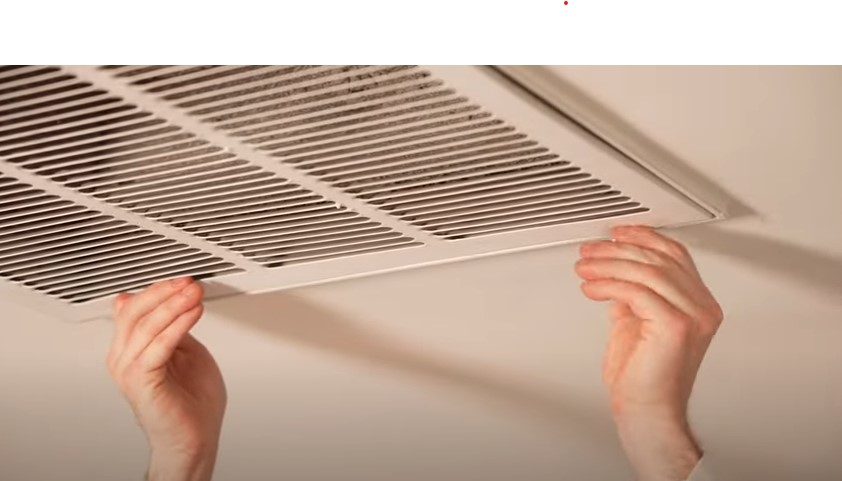As we rely heavily on air conditioning, especially during the hotter months, encountering an AC unit that needs to be cooling correctly can be incredibly frustrating. Today, we will explore some common reasons why your AC might not be cooling your home effectively in 2024 and provide actionable solutions to help you solve these issues.
Common Reasons Why Your AC Is Not Cooling
1. Thermostat Issues
The thermostat is the brain of your AC system, and issues here can mislead the entire operation. It’s essential to ensure that your thermostat is calibrated correctly and functioning. Here’s what you can do:
- Check the thermostat settings to ensure they are in the correct mode, and set them to a cooler temperature than the current room temperature.
- Ensure the thermostat’s batteries are fresh and not affected by direct sunlight or other heat sources.
2. Failed Parts
AC systems comprise several critical components, and failure in any of these can lead to cooling inefficiencies:
- Condenser Motor and Capacitor: Listen for unusual noises or check for signs like the fan not spinning even though the unit is on.
- Refrigerant Leak: Look for ice on the evaporator coils or the outdoor unit or notice if the system cycles too frequently without cooling.
- Regular professional maintenance is recommended to diagnose and repair these issues accurately.
3. Dirty or Leaking Evaporator Coil
The evaporator coil plays a crucial role in heat exchange. A dirty coil or one that is leaking refrigerant can significantly reduce efficiency.
- Inspect the coils for dirt and clean them carefully without damaging the fins.
- Check for signs of refrigerant leaks, which may require a professional to repair.
The Often-Overlooked Factor: Improper Sizing
One critical but commonly overlooked issue is the sizing of your AC unit:
- Too Large: An oversized AC cools the room quickly but cycles off before it can effectively remove humidity, making the air feel less fantastic and more clammy.
- Too Small: An undersized unit runs continuously, struggling to cool the space adequately.
How to Ensure You Have the Right-Sized AC
To determine the correct size for your AC unit, consider consulting with HVAC professionals who can perform a detailed load calculation. This calculation finds room dimensions, window sizes, and insulation levels.
Conclusion
If your AC isn’t cooling effectively, addressing these areas can lead to noticeable improvements. Regular maintenance is critical to ensuring your system’s efficiency and longevity. For more specialized issues, particularly regarding parts and system sizing, it’s advisable to contact certified HVAC professionals.
Thank you for tuning into this exploration of common AC problems and their solutions. If you found this guide helpful, consider subscribing for more insights, and remember, for dependable HVAC advice and service, “If you’ve got to be sure, call Pure!”
Understanding and addressing these common issues allows you to enjoy a cooler, more comfortable home environment in 2024 and beyond.

